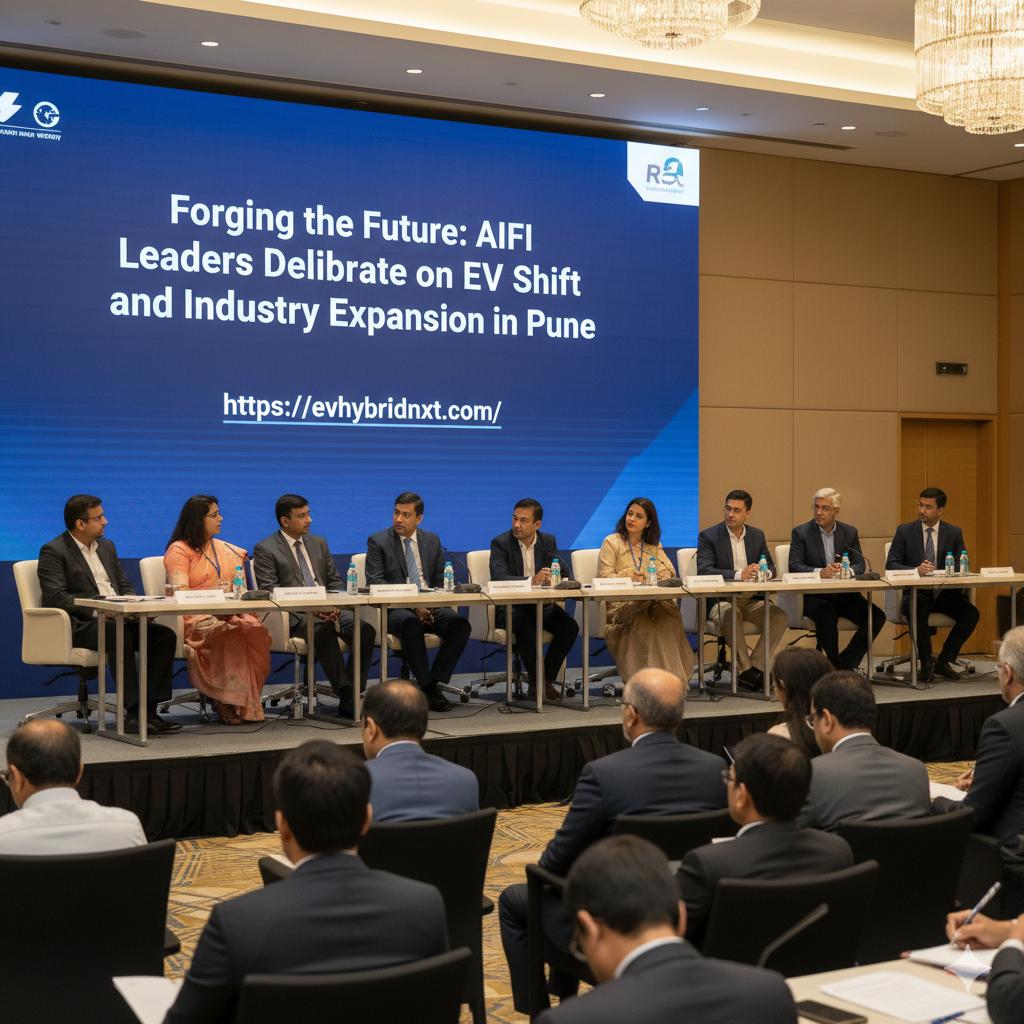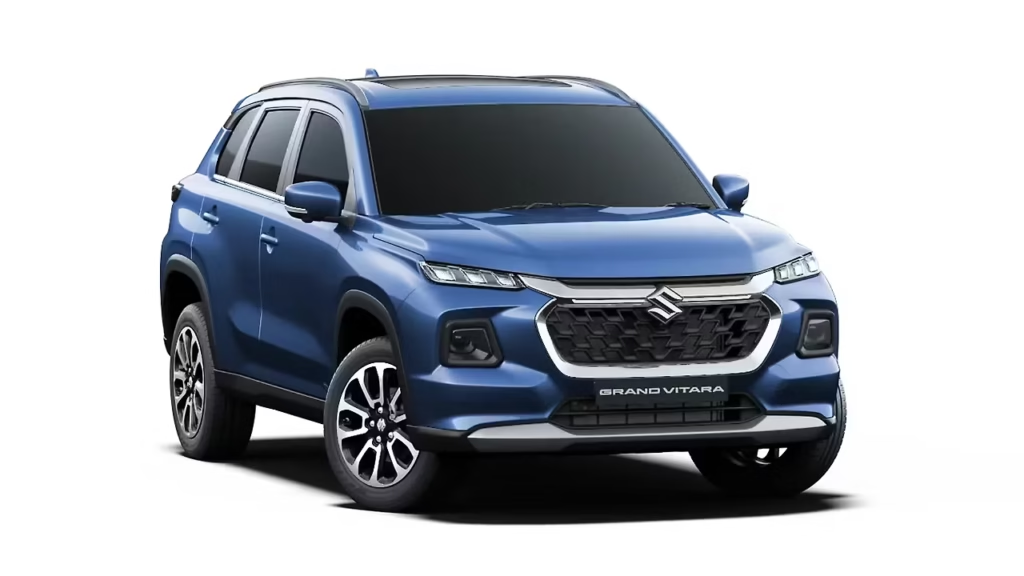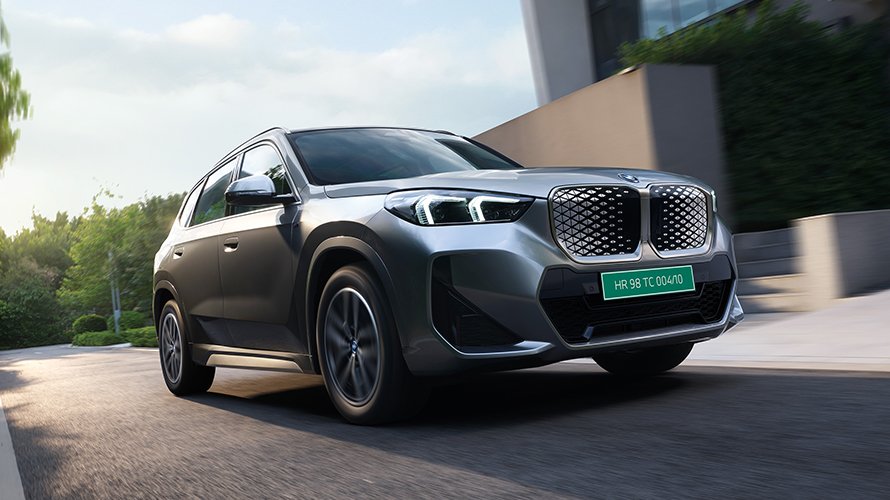Leaders from the Association of Indian Forging Industry (AIFI) gathered in Pune to chart a course through the rapidly evolving landscape of electric vehicles (EVs), digitalization, and sustainable growth, as the sector positions itself at the heart of India’s mobility revolution. The National Annual Convention, held on September 18 at Hotel Hyatt Pune, convened over 200 industry stalwarts, policymakers, and experts to dissect the forging industry’s pivotal role in navigating the shift from internal combustion engines (ICE) to greener alternatives.
Under the banner of “Forging the Future: Navigating Mobility Transformation,” the event underscored the dual imperatives of innovation and resilience amid global supply chain volatilities and policy-driven changes. AIFI, which has championed the sector since 1965 and boasts membership from India’s second-largest forging producer globally—trailing only China—highlighted its contributions to automotive components like crankshafts, connecting rods, and steering knuckles, while generating substantial employment.
The convention kicked off with inaugural addresses, including one from Mr. Sunil Javalekar, Chairman of AIFI’s Western Region, setting the tone for collaborative strategies. Keynote speaker Dr. K. C. Vora, Program Director at Automotive CoE NAMTECH in Gandhinagar, delivered insights on the “Future of EV & ICE in the Indian Scenario.” He illuminated India’s balanced pathway to sustainable mobility, bolstered by flagship initiatives such as FAME II and the National Green Hydrogen Mission, yet cautioned against prematurely sidelining ICE technologies given the country’s diverse transport needs—from bustling urban fleets to rural logistics.
Complementing this, Prenayan Kaul, Partner in PwC’s Supply Chain and Operations division, unpacked growth levers for forging firms in turbulent times. His address zeroed in on fortifying supply chains against disruptions, harnessing digital tools for operational efficiencies, and scouting emergent markets, all while tackling raw material price swings and escalating sustainability mandates. “The forging industry stands at a crossroads where adaptability isn’t just advantageous—it’s essential,” Kaul remarked, urging proactive tech adoption to unlock competitive edges.
A centerpiece of the convention was the signing of a Memorandum of Understanding (MoU) between AIFI and global tech leader Hexagon, aimed at turbocharging digitalization and smart manufacturing across member firms. This pact promises to infuse advanced simulation, AI-driven processes, and data analytics into forging operations, fostering innovation and reducing environmental footprints. AIFI President Yash Munot hailed the collaboration as a “game-changer,” emphasizing the symbiotic ties between industry, academia, and governance in surmounting sustainability and competitiveness hurdles.
The discourse deepened through a high-profile panel discussion moderated by S. Muralishankar, AIFI’s Chairman of Technology and Training. Panelists C. Rajagopalan of Sundram Fasteners Ltd., Deven Doshi of Echjay Industries Pvt. Ltd., and Manish Sonawane of Bharat Forge Ltd. dissected pressing trends—from policy ripple effects to global benchmarking—while brainstorming actionable roadmaps for Atmanirbhar Bharat alignment.
As the curtains fell, the convention reaffirmed AIFI’s vow to amplify the forging sector’s economic imprint, syncing with national visions for self-reliance and eco-friendly transit. With EVs projected to dominate urban India by 2030, this Pune conclave not only illuminated pathways but ignited a collective resolve to forge ahead, blending tradition with tomorrow’s tech. Stakeholders eye forthcoming AIFI initiatives for tangible strides in EV componentry and green forging practices.



